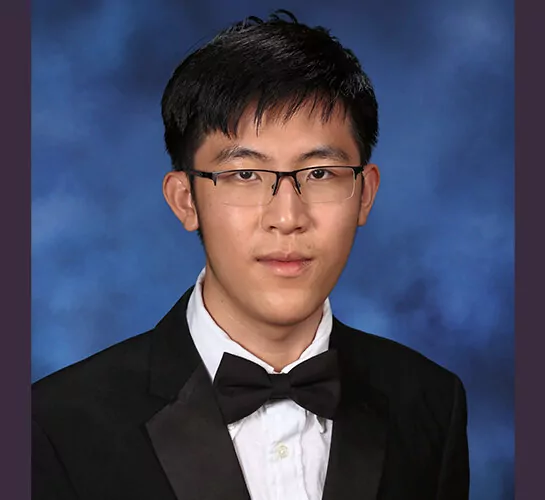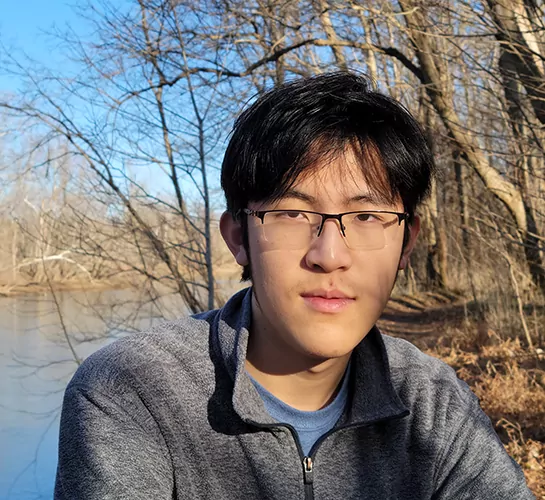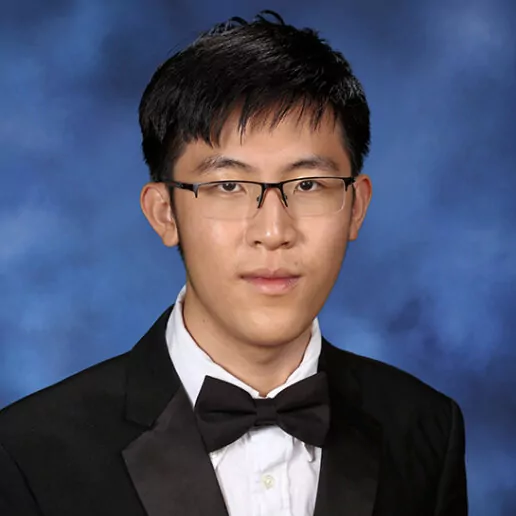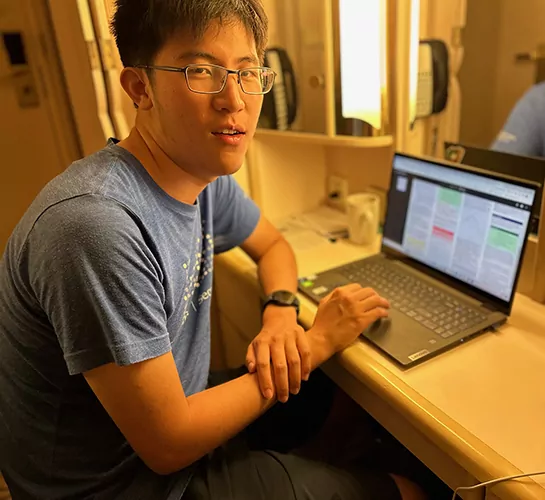Deeper Dive
My project is about online learning, which focuses on making predictions based off of data - specifically, data which appears over time. For example, consider weather algorithms which use past data to predict temperature. They might compare factors, like time of year and the current temperature, to similar days in the past, then use data from those days to guide their prediction. My work looks at how accurately such quantities can be forecasted in worst-case scenarios, proving that usually simple algorithms can quickly make accurate predictions. Although the project considers a rather ideal model of learning, it could potentially give forecasters a useful tool for testing their algorithms, and it also makes progress towards a more general model of learning which could have wider applications.
Through PRIMES-USA, I was also assigned to my mentor, Dr. Jesse Geneson, who gave me invaluable support throughout the project: he proposed the project’s topic, suggested a new direction for research, collaborated with me on proofs, and gave me advice on how to best communicate our results. Dr. Tanya Khovanova and Dr. Felix Gotti, also from the PRIMES-USA program, gave feedback on several drafts of the project as well. Although my school didn’t directly support me in my project, my teachers have been incredibly supportive of me in other ways. Luckily, the pandemic didn’t impact my project at all – the program normally runs virtually anyway.
Because my project looks at a simple model of learning, not accounting for things like noise in the real world, it’s hard to apply the results directly for machine learning purposes. Nevertheless, it does provide tools for forecasters to diagnose machine learning algorithms, which might ultimately make them more accurate. From a purely intellectual standpoint, my project resolves several cases of a very natural mathematical question and introduces a new direction for future research, which could lead to further progress and applications.



